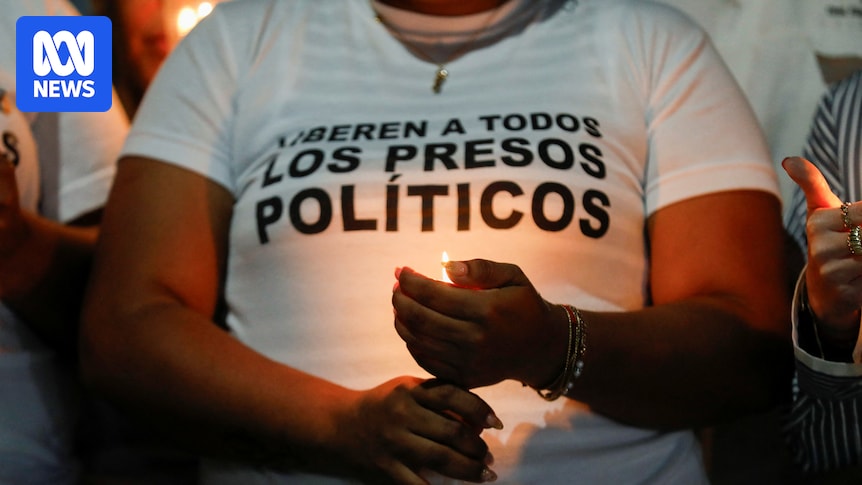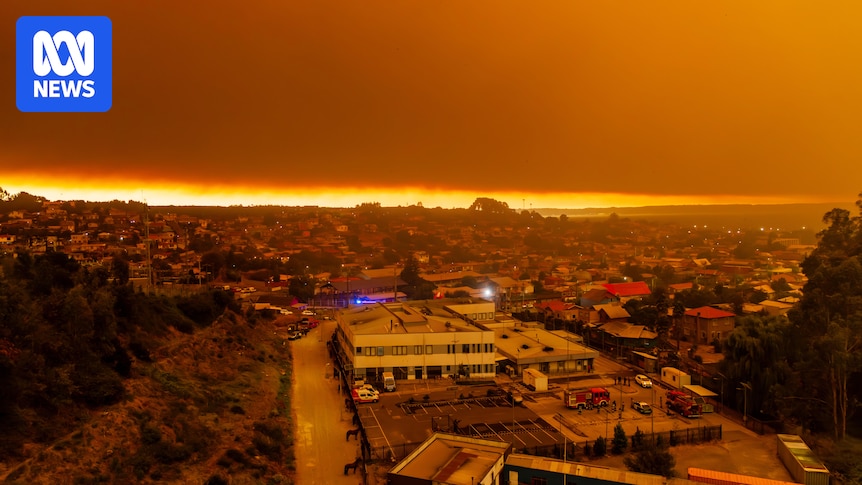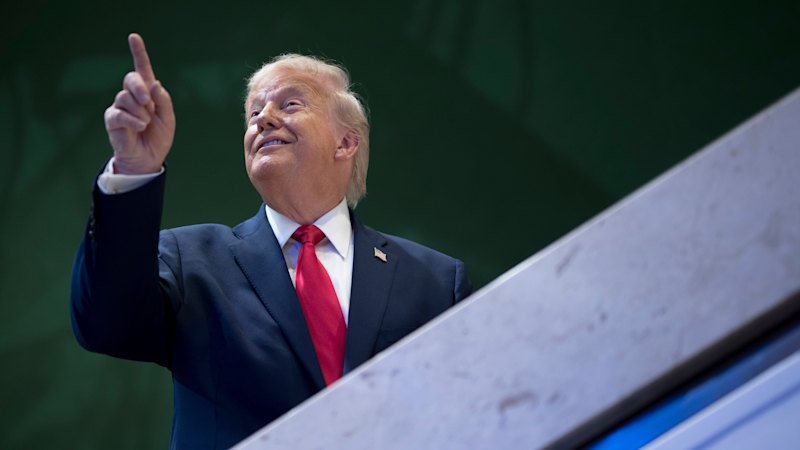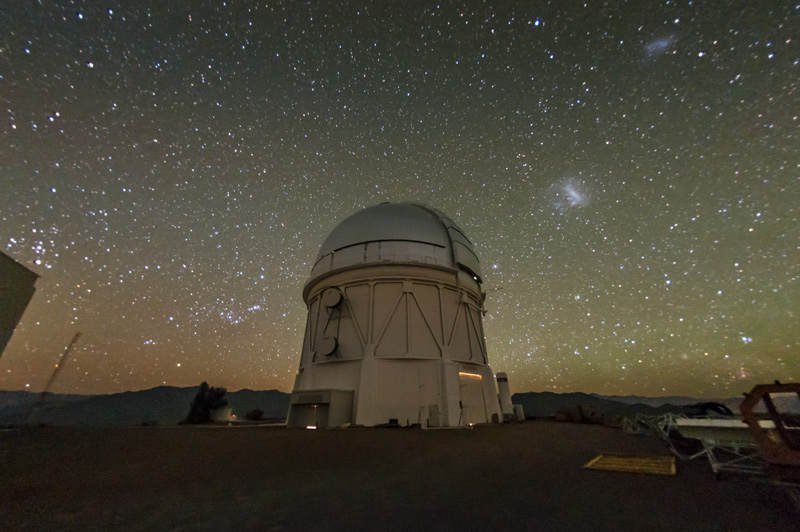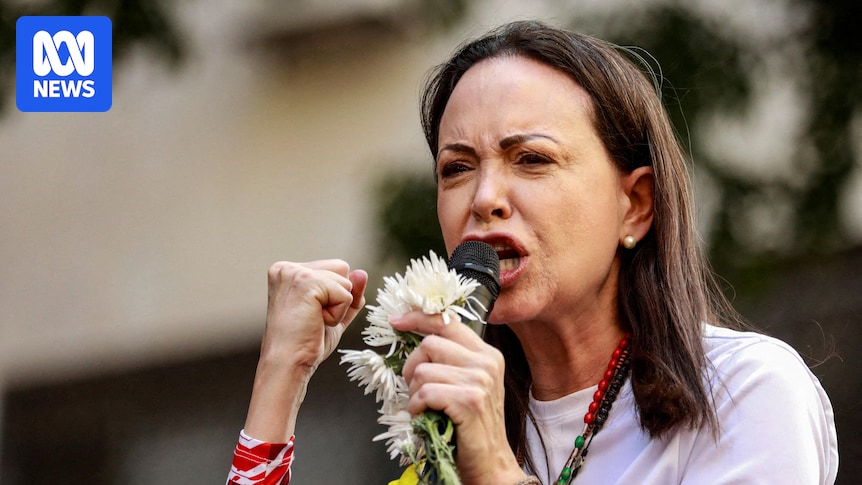
Venezuelan opposition leader María Corina Machado has been awarded the Nobel Peace Prize, a decision that underscores her relentless efforts to champion democratic rights in Venezuela. The Nobel committee recognized her “for her tireless work promoting democratic rights for the people of Venezuela and for her struggle to achieve a just and peaceful transition from dictatorship to democracy.”
The announcement comes as Venezuela continues to grapple with political unrest and economic instability. “In the past year, Miss Machado has been forced to live in hiding,” stated Jørgen Watne Frydnes, chair of the Norwegian Nobel committee. “Despite serious threats against her life, she has remained in the country, a choice that has inspired millions.”
Political Repression and Machado’s Struggle
President Nicolás Maduro’s government has been accused of systematically targeting opponents, particularly during the lead-up to last year’s presidential election. Machado, initially set to run against Maduro, was disqualified by the government, paving the way for Edmundo González, a political newcomer, to take her place. The election period was marred by widespread repression, disqualifications, arrests, and human rights violations.
The National Electoral Council, perceived as loyal to Maduro, declared him the winner amidst credible allegations of electoral fraud. The disputed results sparked nationwide protests, leading to a government crackdown that resulted in over 20 deaths. These events further isolated Venezuela on the international stage, severing diplomatic ties with several countries, including Argentina.
Machado’s Continued Influence
Since going into hiding, Machado has not been seen publicly since January. Meanwhile, a Venezuelan court issued an arrest warrant for González, who subsequently sought asylum in Spain. Despite her absence from the public eye, Machado’s influence remains significant, symbolizing resistance against authoritarianism in Venezuela.
The Nobel Committee’s Broader Message
The committee’s decision to honor Machado comes at a time when global attention has been diverted by other geopolitical issues, including US President Donald Trump’s controversial claims to the prize. Experts had predicted that Trump would not receive the award, citing his actions that they argue undermine the international order cherished by the Nobel committee.
The Nobel Peace Prize, valued at 11 million Swedish crowns ($1.7 million), will be presented in Oslo on December 10, commemorating the anniversary of Alfred Nobel’s death.
Historically, the Nobel Peace Prize has been awarded to individuals and organizations that promote long-term peace, international fraternity, and the quiet work of institutions that support these ideals. Last year’s recipient, Nihon Hidankyo, a Japanese grassroots movement of atomic bombing survivors, exemplifies this tradition.
Implications for Venezuela and Beyond
Machado’s recognition by the Nobel committee shines a spotlight on Venezuela’s ongoing crisis and the broader struggle for democracy in the region. It serves as a reminder of the international community’s role in supporting democratic movements and holding authoritarian regimes accountable.
As Venezuela continues to face economic hardships and political repression, the international community watches closely. The Nobel Peace Prize not only honors Machado’s courage but also calls for renewed efforts towards democratic reform in Venezuela.
With the Nobel ceremony set for December, the world will be watching as Machado’s story and the plight of the Venezuelan people take center stage. The award serves as a beacon of hope for those fighting for democracy and human rights, both in Venezuela and across the globe.
